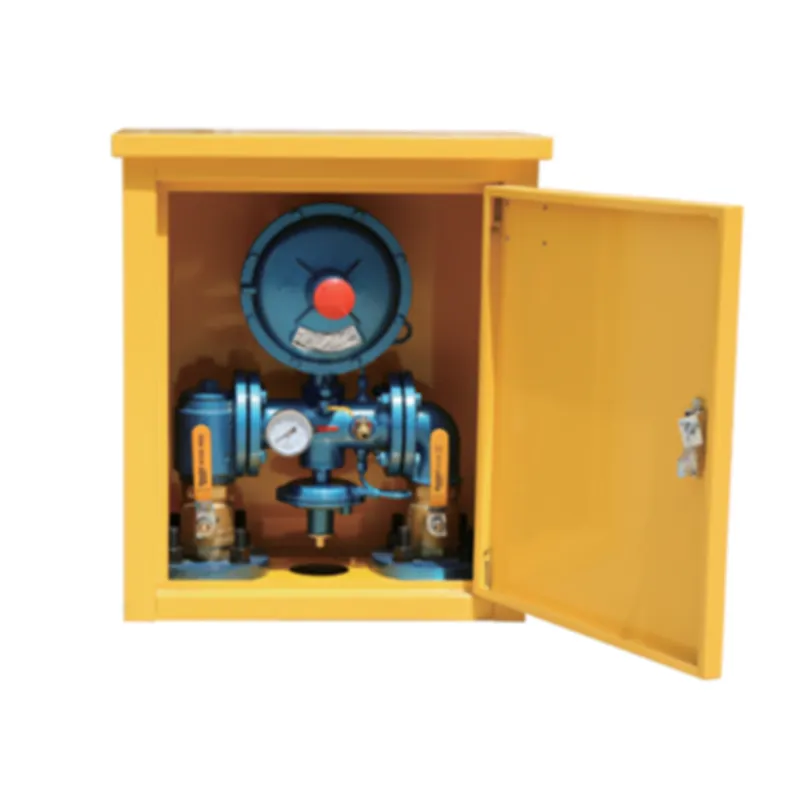
Dec . 11, 2024 12:36
Back to list
natural gas filter
The Role of Natural Gas Filters in Modern Energy Systems
Natural gas has emerged as a pivotal fuel in the quest for cleaner energy alternatives. With its relatively lower carbon footprint compared to other fossil fuels, natural gas plays a crucial role in power generation, heating, and various industrial processes. However, the effective utilization of natural gas requires high standards of purity to ensure optimal performance, safety, and environmental compliance. This is where natural gas filters come into play, serving as a vital component in the natural gas supply chain.
Natural gas filters are designed to remove impurities and particulates from natural gas before it is transported to end-users. These impurities can include water vapor, hydrocarbons, dust, and other contaminants that can cause corrosion and damage to pipelines, regulators, and ultimately, appliances, vehicles, and industrial machinery that rely on natural gas. The presence of these impurities can lead to inefficiencies and increased operational costs, making filtration an essential step in the natural gas processing and distribution process.
There are various types of filters employed in the natural gas industry, each tailored to address specific contaminants. For instance, coalescing filters are used to separate water and liquid hydrocarbons from the gas stream. They work by forcing gas through a media that captures droplets, consolidating them into larger droplets that can be drained away. This is particularly important because water can cause hydrates to form in pipelines, leading to blockages. Likewise, particulate filters are utilized to capture solid particles, such as dust and rust, ensuring that the gas remains clean and free-flowing.
Another common type of filtration technology used in natural gas systems is the activated carbon filter. These filters are effective in removing trace gases and odors, enhancing the overall quality of natural gas. Often used at the point of use, activated carbon filters are essential in residential and commercial appliances that demand high purity levels for proper operation.
natural gas filter

Filter selection is determined by several factors, including the specific application, the types of contaminants present, and the required flow rate. Understanding these parameters is crucial for optimizing filter performance and minimizing maintenance downtime. Regular monitoring and timely replacement of filters are necessary to prevent system failures and extend the lifespan of downstream equipment.
The significance of natural gas filters extends beyond operational efficiencies to environmental considerations. Natural gas, while cleaner than coal or oil, still contributes to greenhouse gas emissions if not managed properly. Filters help in ensuring that methane and other harmful emissions are minimized during gas processing and distribution. By maintaining the integrity of natural gas systems, filters not only protect equipment but also play a role in lowering the overall environmental impact of natural gas usage.
Furthermore, as the natural gas industry continues to evolve with technological advancements and increasing regulatory scrutiny, the demand for efficient and effective filtration systems is likely to grow. Innovations such as smart filters equipped with sensors to analyze gas quality in real time are already being explored. These technological advancements can help gas utilities proactively manage contamination levels, improve efficiency, and ensure compliance with environmental regulations.
In conclusion, natural gas filters serve a crucial function in ensuring the quality and safety of one of the world's most important energy sources. Through the removal of impurities and particulates, these filters contribute to the efficient operation of natural gas systems across various applications, from residential heating to large-scale industrial processes. As the global energy landscape shifts towards more sustainable solutions, the importance of reliable filtration systems will only increase, underscoring the significant role that natural gas filters play in modern energy systems. By investing in effective filtration technologies, we can enhance the sustainability of natural gas as a bridge towards a cleaner energy future.
Next:
Latest news
-
Safety Valve Spring-Loaded Design Overpressure ProtectionNewsJul.25,2025
-
Precision Voltage Regulator AC5 Accuracy Grade PerformanceNewsJul.25,2025
-
Natural Gas Pressure Regulating Skid Industrial Pipeline ApplicationsNewsJul.25,2025
-
Natural Gas Filter Stainless Steel Mesh Element DesignNewsJul.25,2025
-
Gas Pressure Regulator Valve Direct-Acting Spring-Loaded DesignNewsJul.25,2025
-
Decompression Equipment Multi-Stage Heat Exchange System DesignNewsJul.25,2025

